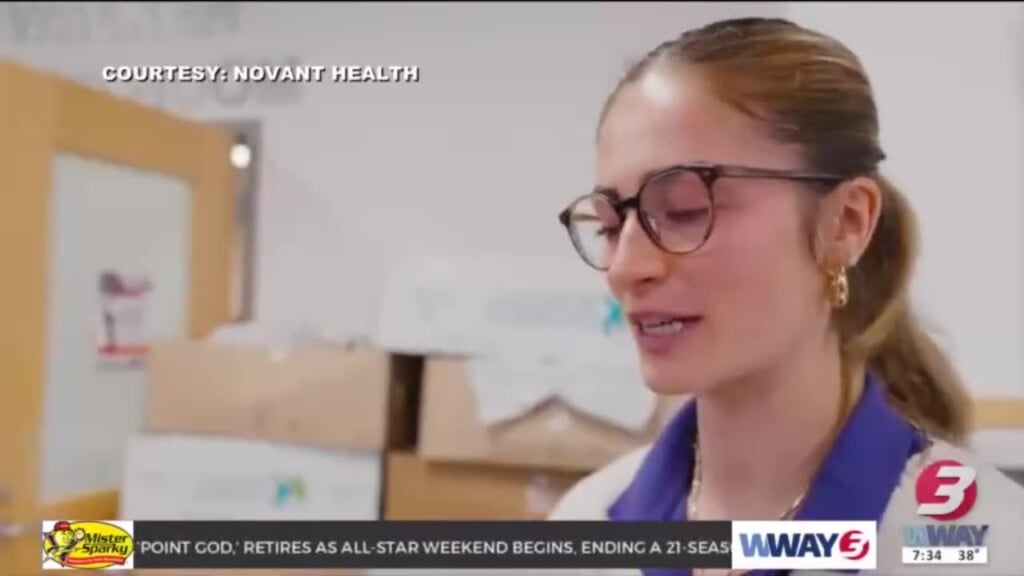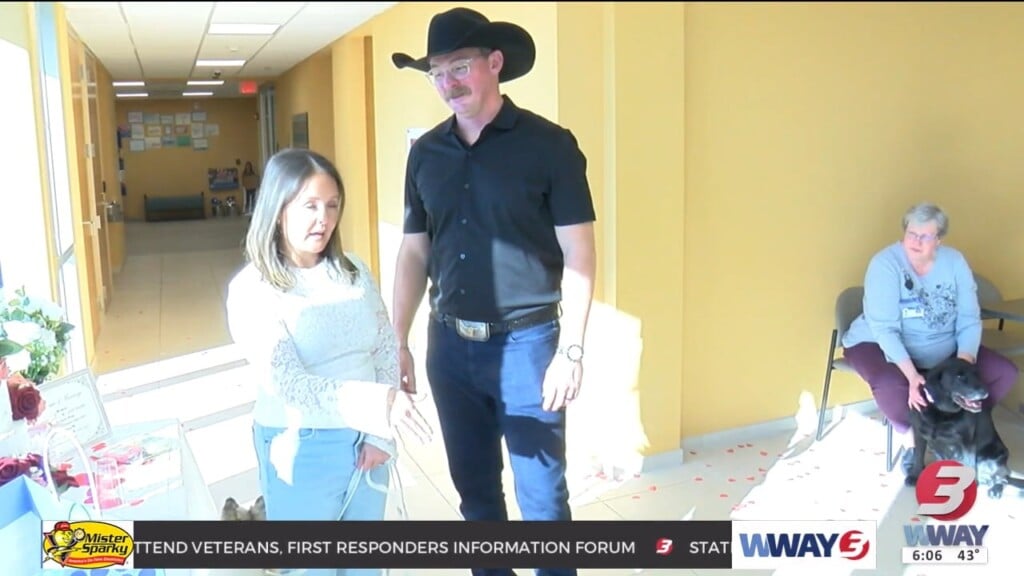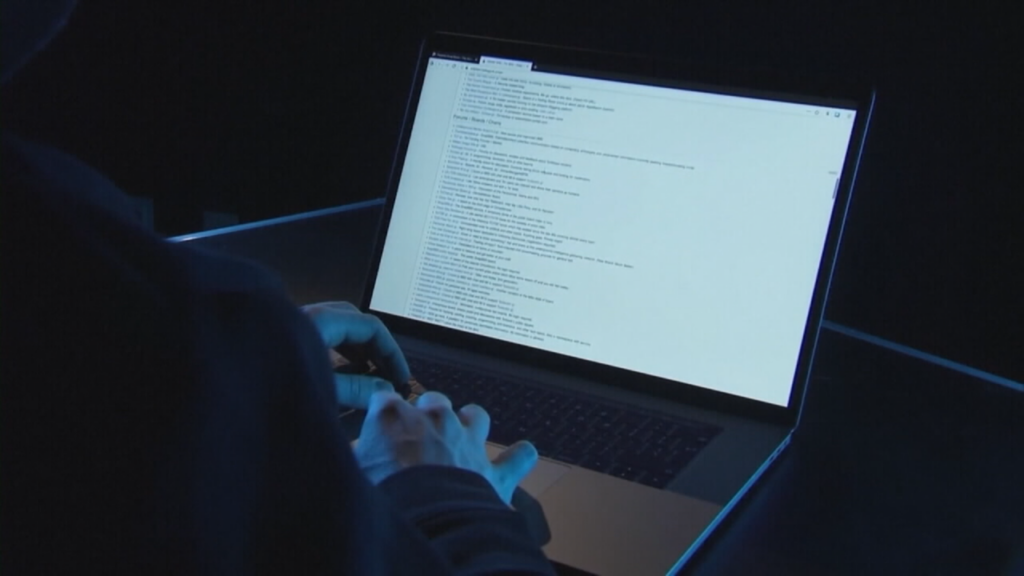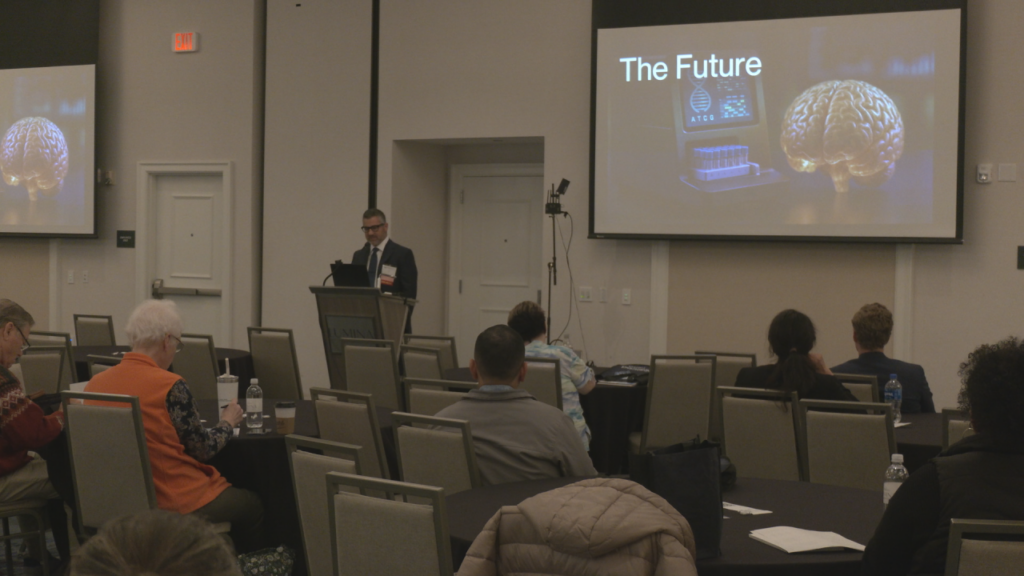New Hanover Commissioners vote to put transportation sales tax on the ballot, share State of the County
New Hanover County Board of Commissioners Chair Julia Olson-Boseman shared an update on the health of the county's finances in the State of the County Address on Monday afternoon.
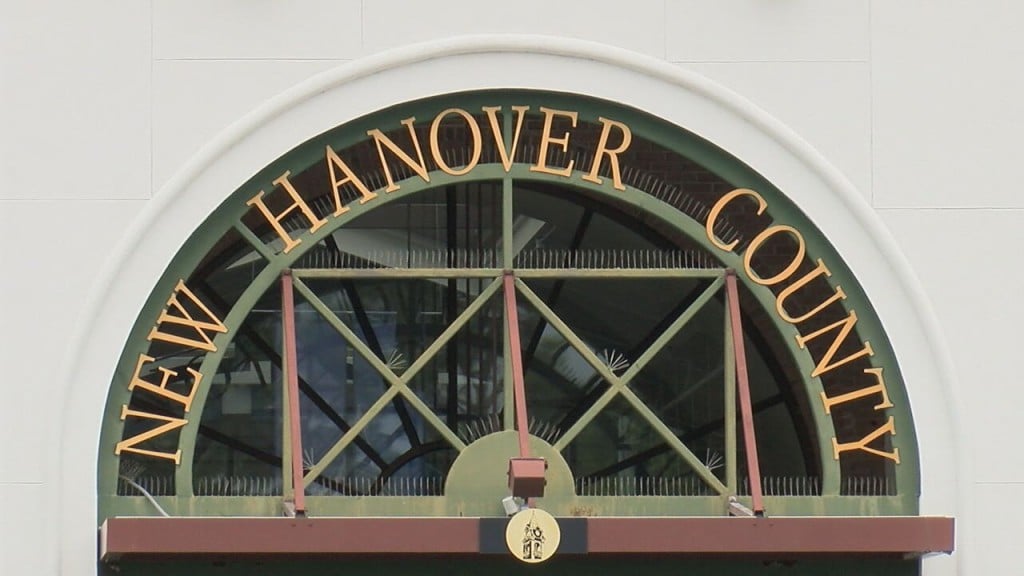
NEW HANOVER COUNTY, NC (WWAY) — New Hanover County Board of Commissioners Chair Julia Olson-Boseman shared an update on the health of the county’s finances in the State of the County Address on Monday afternoon.
The address touched on a little bit of everything, from schools and affordable housing to Chemours and mental health resources. Olson-Boseman started the presentation by thanking county employees for all that they do, particularly highlighting the Health and Human Services Department. She says the viral spread of COVID-19 in the county is low and about 63-percent of people are vaccinated.
Transitioning away from the pandemic, she says the county’s economy is rebounding quickly. Over the next five years, the county is committing $5-million to bring new jobs to New Hanover.
The Blue Clay Business Park is set to be completed this fall. Olson-Boseman says the county is committed to providing assistance and resources to small businesses in addition to laying the groundwork for larger companies to come to the area.
The board chair says the county’s unemployment rate is 3.2-percent. However, she says all citizens not only deserve to have a job but to earn a livable wage and have a place to live.
While she spoke about bringing various additional resources and potential pay raises for county employees when budget discussions begin, she says they aim to lower the tax rate for New Hanover County citizens.
“While New Hanover County has the ninth-lowest tax rate in the entire state out of 100 counties, we want to do all we can to keep the money in the pockets of our residents while also providing the important services our community needs and wants,” Olson-Boseman said in the address.
Olson-Boseman says the county plans to create a strategic plan to address the opioid epidemic. She says they plan to discuss how they will use the $18-million coming to the county over the next two decades from the settlement with pharmaceutical companies.
At Monday night’s meeting, commissioners also held a public hearing to discuss a proposed quarter-cent transportation sales tax. The commissioners voted three to two to put the tax on the ballot for voters to decide in November.
If approved by voters, proceeds from the tax would go towards transportation services, adding new bike and pedestrian pathways, rail realignment, and more.
Commissioners Jonathan Barfield, Bill Rivenbark, and Chair Olson-Boseman voted to put the tax on the ballot. Barfield says he can see the benefits of the tax and ultimately wants voters to have their voices heard.
“You know the citizens can vote yes if they want to pass the quarter-cent sales tax or no if they don’t want to, but I think many people are coming here that they want the right quality of life initiatives in our community and public transportation, road improvements and walking paths and those kinds of things are some of the things folks are used to coming here from other metropolitan areas,” Barfield said.
Commissioner Rob Zapple and Vice-chair Deb Hays voted no. Hays says she does support the tax but thinks the timing is not right. She says she would hate to see it go to the ballot and not pass because she believes it would be difficult to get it back onto the ballot at a later election.
As a member of Wave Transit’s Board of Directors, Hays says she believes in the newly appointed Executive Director Marie Parker. She wants to give the people of New Hanover County a chance to see what work she is doing before they make a decision on the tax.
“Giving it some time, let the inflation come down, build the case, let Marie work her magic over there and really prove to the community that they are doing and changing Wave [Transit] and making it better and making it a viable public transportation system.”
Over a ten-year period, the county says the sales tax could generate $144-million. It would apply to purchased goods, excluded groceries, gas, and prescriptions.
To learn more about the tax, visit here.

